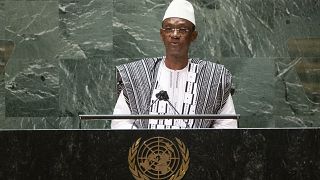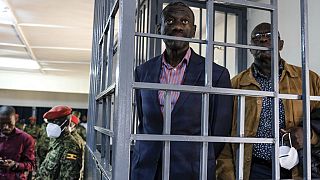Health
The World Health Organization (WHO) has launched new ethics guidance meant to meet specific standards on the way people affected by tuberculosis are treated.
Countries already implementing the WHO ‘End TB Strategy’, a blueprint to end the epidemic by 2030, will be expected to meet set out ethical standards aimed at protecting rights of patients.
Governments and health workers will need to provide patients with needed social support and ensure health workers operate in a safe environment, among other key points.
TB kills more people each year than any other infectious disease, including HIV and AIDS.
In 2015 alone, it is estimated to have killed 1.8 million people, according to WHO.
“We are releasing today a new ethics guidance, to allow countries and help countries implement the End-TB Strategy following proper ethical standards and respecting the human rights of everyone,” aid Mario Raviglione, director of the global tuberculosis programme, at WHO.
According to WHO statistics, six countries account for 60 percent of TB cases today, with India leading the count, followed by Indonesia, China, Nigeria, Pakistan and South Africa.
TB is spread from person to person through the air. When people with lung TB cough, sneeze or spit, they propel the TB germs into the air.












Go to video
Africa CDC endorses Morocco's Mpox test
00:55
New report shows sub-Saharan Africa receives the least diabetes treatment
01:15
WHO: Mpox cases in South Kivu may be 'plateauing', but DRC seeing a 'general rising trend' in cases
01:48
Kung Fu gains popularity among young people in Kenya
01:37
78 patients evacuated from Gaza for care abroad
01:38
Drones beat logistical challenges to delivery of medical supplies in Kenya